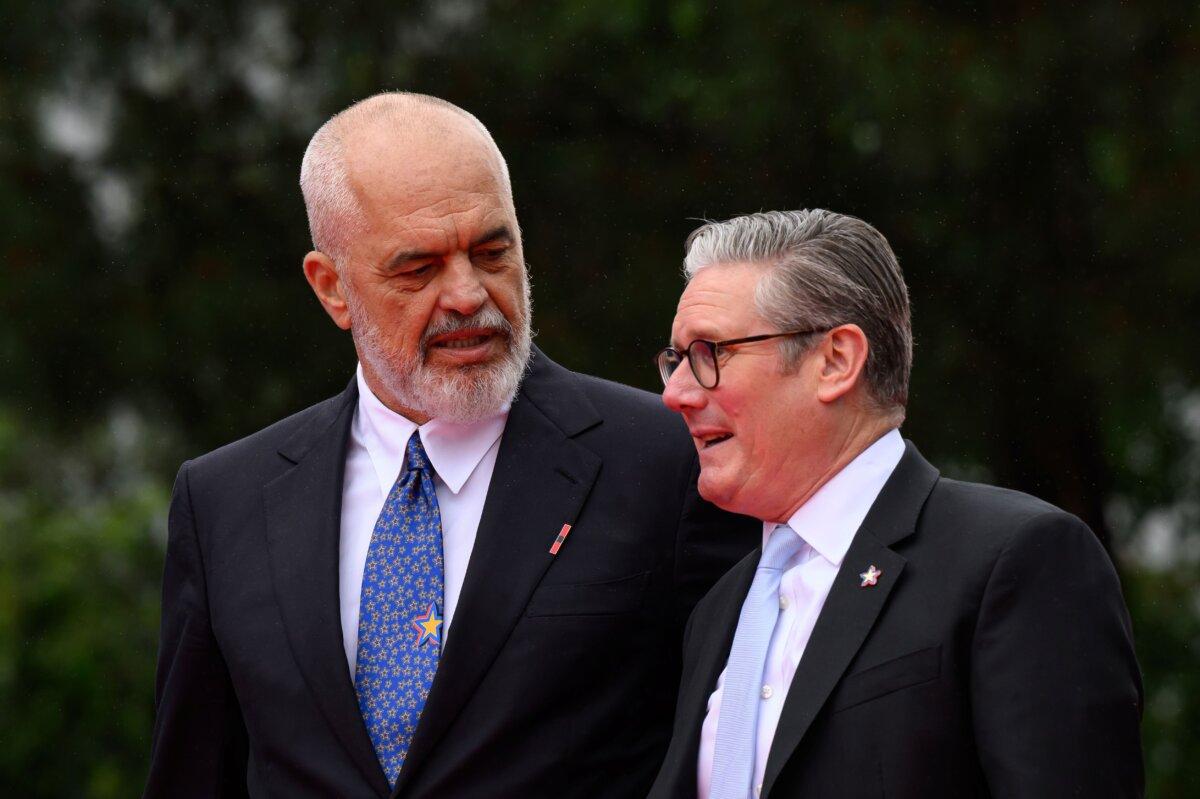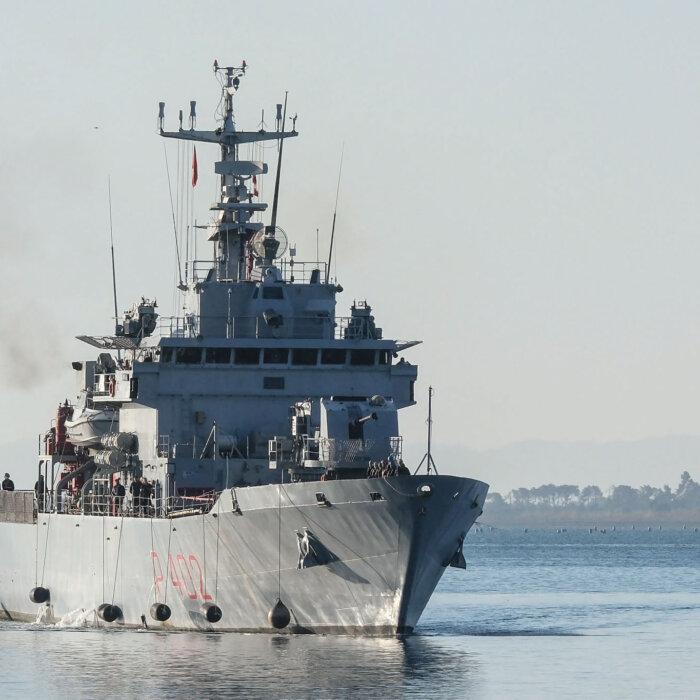The UK is in talks with several countries in the Western Balkans about setting up overseas “return hubs” for failed asylum seekers, in a move the government says will help reduce Channel crossings and ease asylum system pressures.
The plan, confirmed by Prime Minister Sir Keir Starmer during his visit to Albania last week, aims to speed up deportations and prevent small boat crossings in the English Channel.
The announcement comes amid rising pressure on Downing Street to curb irregular migration.
More than 12,000 people have crossed in small boats so far in 2025, putting the UK on track for a record year.
In 2024, there were 9,151 asylum-related returns—involving individuals whose claims were refused, withdrawn, or had exhausted appeal rights—a 36 percent rise from 2023.
What Are Return Hubs?
Return hubs are facilities located in third countries where individuals who have exhausted all legal avenues to remain in the UK can be temporarily held before being returned to their countries of origin.The hubs would not process asylum claims, but would serve as holding centres for those with final refusal decisions.
The U.N. refugee agency (UNHCR) says any country hosting a return hub must allow temporary legal stay and ensure proper accommodation, support services, and respect for basic rights.
Community living should be prioritised, with detention used only as a last resort and under strict safeguards.
Labour’s plan differs from the previous Conservative government’s abandoned Rwanda scheme, which aimed to send asylum seekers abroad to have their claims processed.
Focus on the Western Balkans
Current proposals are understood to focus on countries in the Western Balkans, including Serbia, North Macedonia, and Bosnia and Herzegovina.Although Albania had been widely speculated as a potential host, Albanian Prime Minister Edi Rama ruled out participation during a press conference with Starmer in Tirana.
“We have been asked by several countries if we were open to it, and we said no, because we are loyal to the marriage with Italy and the rest is just love,” Rama said.
Conservatives have argued that Starmer’s visit was a “publicity stunt.”

Shadow home secretary Chris Philp said Labour’s proposals amounted to a “weak imitation” of the scrapped Rwanda policy.
He also argued that earlier Conservative deals with Albania had already contributed to a 90 percent drop in small boat arrivals from that country in 2023.
In response, the government clarified that Albania was never formally part of the return hub plan, and discussions in Tirana focused on broader migration cooperation.
Italy’s agreement with Albania, signed in 2023, allows up to 36,000 failed asylum seekers per year to be held in Italian-run centres on Albanian territory.
A Patchwork of Return Agreements
The UK’s ability to deport failed asylum seekers often relies on bilateral agreements with countries of origin.These deals vary in scope, effectiveness, and legal status.
Since 2021, the UK has signed or updated agreements with Albania, India, Pakistan, and Georgia, while longstanding deals remain in place with countries like Nigeria, China, and Vietnam, though returns to these countries have dropped significantly in recent years.
In November 2024, the UK signed a joint statement on migration with Iraq, pledging to improve the return process and expand reintegration support for returnees.
The UK has also signed agreements with Serbia, North Macedonia, and Kosovo focused on tackling organised crime and migration enforcement.
While these do not include explicit commitments to host return hubs, officials say they could lay the groundwork for future arrangements.
Many of these agreements are not publicly available, especially those framed as operational memoranda rather than treaties.
Do Return Agreements Work?
Data from the Migration Observatory show that total returns—both enforced and voluntary—fell significantly between 2014 and 2024.Returns to Pakistan dropped by 85 percent during this period, while returns to China and Nigeria more than halved. In contrast, returns to India and Albania increased, though experts caution that this may reflect operational focus rather than the success of specific agreements.
Return rates also vary widely by nationality.
Between 2021 and 2024, around a quarter of refused asylum seekers were returned, but rates were significantly higher for Albanians.
By contrast, returns to countries like Bangladesh, Iraq, and Iran remained below 10 percent.
The UK’s approach mirrors similar developments in the European Union, where return hubs are being explored “as an innovative” solution to migration management.
The European Commission has backed the idea on the condition that vulnerable groups such as children and families are excluded, and that all arrangements comply with human rights standards and bilateral cooperation agreements.







